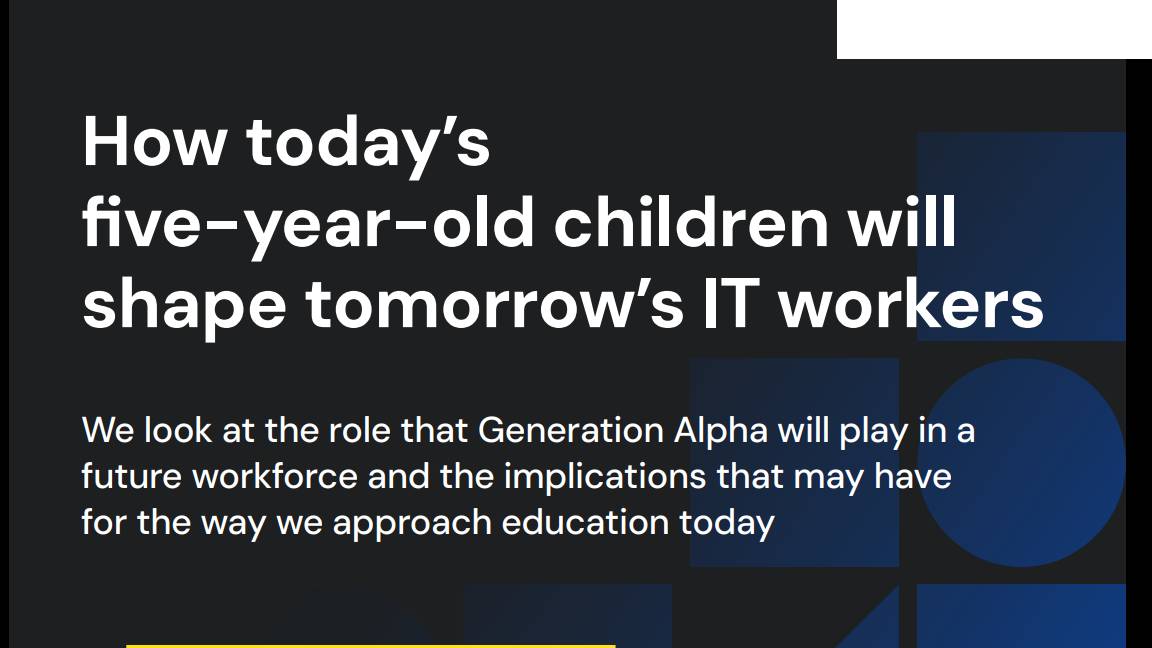Gen Z in the workplace: How the next generation is reshaping business
Within the next decade, employees that fall into the category of Gen Z in the workplace will be widespread. How can leaders keep up with this change and support new staff?

Representing roughly a fifth of the UK population, Generation Z looks set to hold much power over how the country operates and how its future will unfold. This cohort, generally understood to comprise those born between 1997 and 2012, is predicted to make up 27% of the workplace by 2025. In other words, this is a proportion that will force companies to reshape age-old ways of doing things.

Gen Z is often characterized by its strongly held beliefs on issues such as diversity and inclusion, the climate emergency, social justice, and mental health. The grouping is also seen as resourceful and passionate, with lifelong skills as digital natives offering a greater level of technological expertise to business.
Some experts believe Gen Z is humanizing the world of work given those within the group value a better work/life balance. But they are having to build their financial stability during an economic downturn and amid rising interest rates, sticky inflation, and geopolitical uncertainty.
Eloise Skinner, an existential psychotherapist who works with Gen Z clients on meaning, purpose, and identity, suggests having “flexibility” is critical to them.
“We know the next generations will have multiple careers over a long period of working,” Skinner explains, “so switching between careers or diversifying with passion projects and portfolio interests, is generally seen as a priority.”
For Ronni Zehavi, CEO of HR platform HiBob, Gen Z’s reputation for “speaking their mind” will be among the factors for them having “the biggest impact” of any generation entering the workforce.
Fatema Lokhandwala is senior content editor at global social media agency Socialize and a member of the Gen Z cohort. Agreeing with Zehavi’s assessment, she says: “I do believe Gen Z is shaking things up in the workplace for the better. This applies more towards work ethics, culture, and people management, over the actual output of work. We are setting boundaries. There’s just more space between work life and personal life.”
Sign up today and you will receive a free copy of our Future Focus 2025 report - the leading guidance on AI, cybersecurity and other IT challenges as per 700+ senior executives
Lokhandwala adds: “Ideas have become bolder. We talk about how ‘unfiltered’ we are and this really shows. We don’t hesitate to do something loud until it gets shut down by non-Gen Z colleagues. Productivity is the validation we seek at work. If we’re not enjoying it or learning something new every second, what’s the point?”
Gen Z in the workplace: New management dynamics
Stephanie Kelly, chief people officer at IRIS Software Group, cites Gen Z’s effect on management style as a signal to offer more pastoral and personalized support. She also raises how they are more likely to “openly discuss the stories of the day”, meaning senior leaders must ensure company culture is “fully inclusive of all points of view”. A strong diversity and inclusion (D&I) strategy is a basic necessity for Gen Z workers.
Kelly adds: “Policies now need to empower managers to tune in to the emotional side of management. Far from growth catchups being a tick box exercise, managers are being encouraged to focus on how they can support team members in becoming happy and healthy as humans.”
Jason Fowler, head of HR Europe at Fujitsu, explains how Gen Z will scrutinize a company’s values, culture, and purpose far more than generations past. He highlights EY research that found 74% of this generation were likely to quit their jobs if they found another that fulfilled a clearer purpose.
Fowler advises: “Businesses can encourage, or even give staff leave, to pursue activities outside of work that align with their social or ideological passions, to ensure they feel like their own sense of purpose is being fulfilled.”
Gen Z also learns very differently from their older office counterparts. For instance, ‘CareerTok’ on TikTok has become instrumental in helping them with their workplace woes. The likes of making an outgoing call, having a bad laptop, Friday afternoon meetings, and awkward silences have all been raised as pet peeves or ‘icks’ says Adam Butler, founder of workplace equipment supplier Officeology.
This group is also more aware and accepting of colleagues from the LGBTQ+ communities as well as of those with a disability or who are neurodiverse. Gen Z actively wants to work in environments where inclusivity is championed with RADA Business research showing nearly a third (31%) will choose to work for employers who proactively prioritize diversity and inclusion in their workforce. This compares to 11% of Gen X and 13% of Millennials.
Gen Z in the workplace: Breaking down the generational barriers
Continuous learning and access to the best technology are also key demands. YouTube offers a space for Gen Z to develop new skills rather than being sent on a training course while data from Visier shows around seven in 10 (68%) of the cohort specifically picked learning how to use artificial intelligence as a requirement because of the impact it will have on their future career growth.
Gen Z also brings knowledge to the boardroom table and can engage really well with the benefits of mentorship in tech. BAE Systems apprentice Arianne Graham has taken part in Reverse Mentoring, which pairs junior and senior-level employees and entrusts the junior as the mentor.
“The scheme aims to break down the generational barriers,” she says, “and to harness the diversity of thought present in modern workplaces. It’s given me an opportunity to push myself.”
RELATED RESOURCE
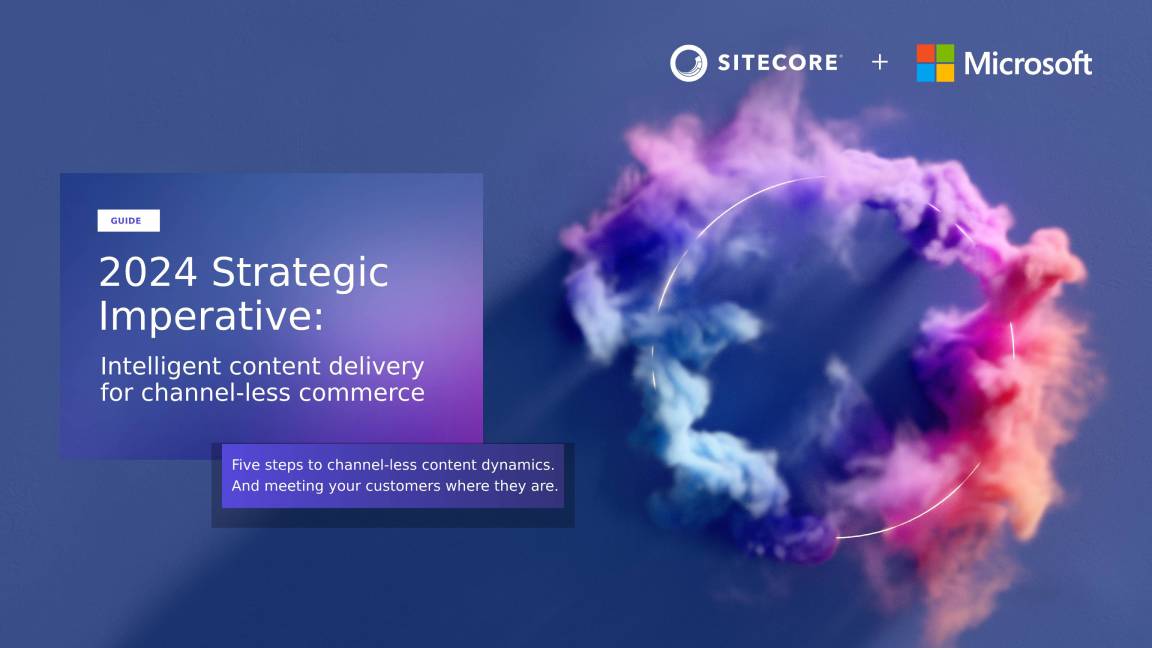
Discover five steps to channel-less content
DOWNLOAD NOW
Chris Poole, managing director of recruitment experts Robert Walters UK, sees “trend agility” as another influence Gen Z is having. “They are well-placed as a voice of authority on what’s trending and the on-brand issues their company can engage with,” he says.
Gen Z is also changing the face of workplace culture and communication. Maria Rechkemmer, a learning content creator at language learning platform Babbel, says emojis and reactions are more commonly used by younger cohorts, even in formal settings such as video calls. “Younger colleagues tend to opt for a more informal style,” Rechkemmer adds. “Around the office, humor is more likely influenced by internet culture.”
For Gen Zer Sidra Fareed, a junior strategist at Socialize, anyone who labels her generation as “unprofessional or incapable of conforming to workplace standards” has got it wrong.
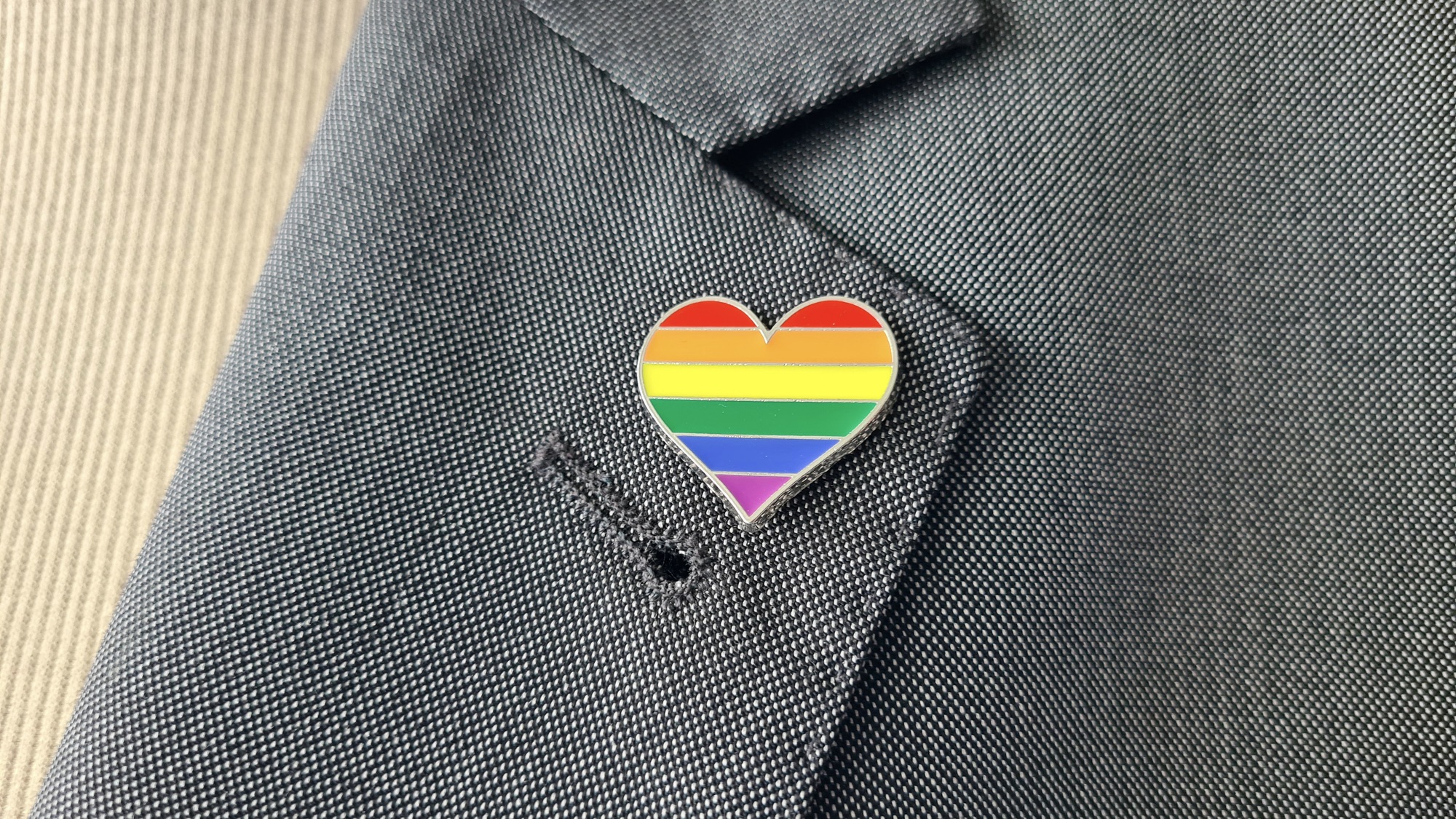
“I believe Gen Z is challenging certain aspects of the ‘code of conduct’ that were considered professional but are actually harmful,” Fareed explains. “They question practices like lacking empathy for struggling colleagues, expecting employees to have no work-life balance while maintaining peak performance, and criticizing cultural symbols as being unprofessional. Gen Z challenges these norms.”
Jonathan Weinberg is a freelance journalist and writer who specialises in technology and business, with a particular interest in the social and economic impact on the future of work and wider society. His passion is for telling stories that show how technology and digital improves our lives for the better, while keeping one eye on the emerging security and privacy dangers. A former national newspaper technology, gadgets and gaming editor for a decade, Jonathan has been bylined in national, consumer and trade publications across print and online, in the UK and the US.
-
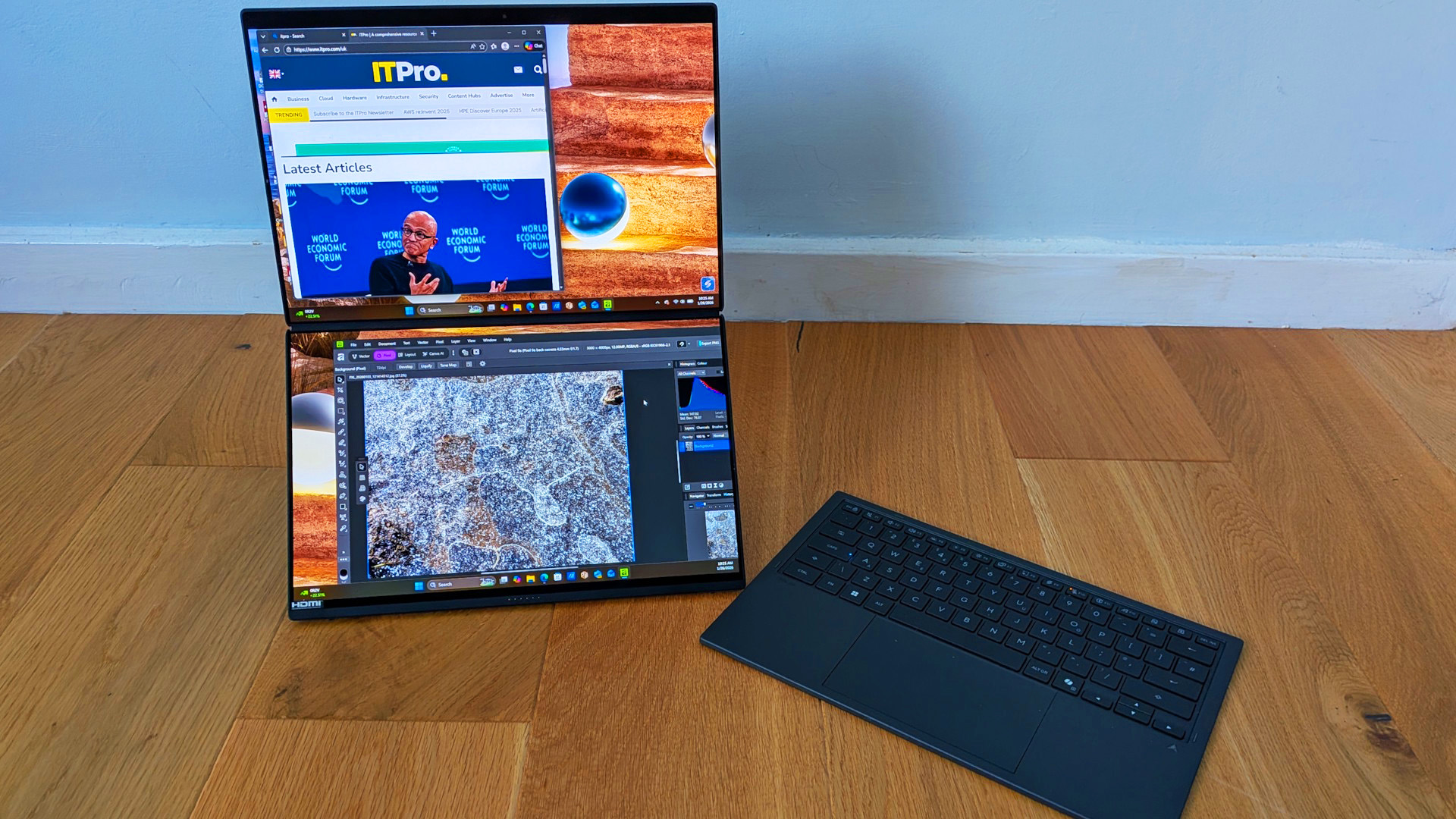 Asus Zenbook DUO (2026) review
Asus Zenbook DUO (2026) reviewReviews With a next-gen processor and some key design improvements, this is the best dual-screen laptop yet
-
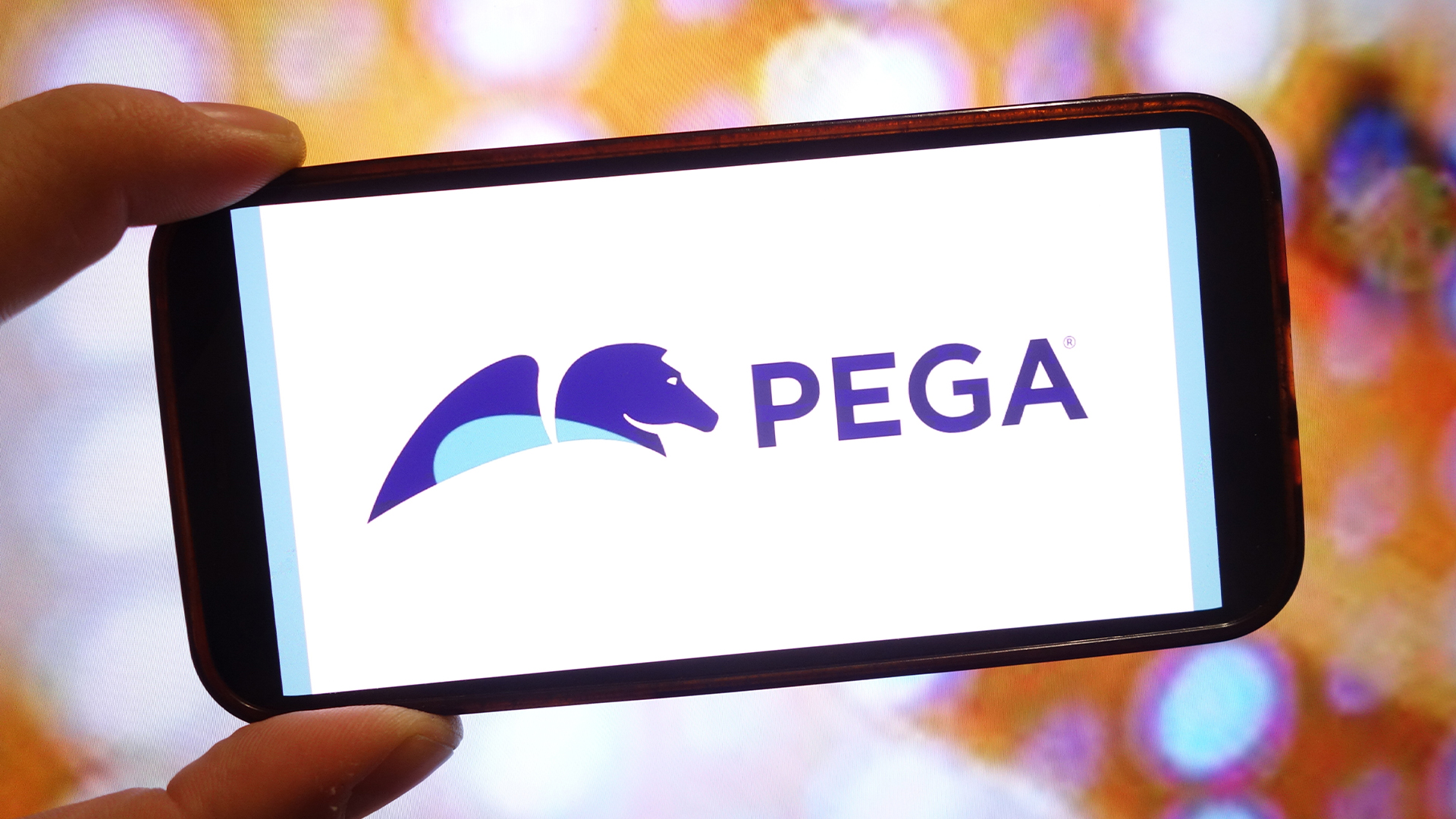 Pegasystems wants to help you modernize outdated Lotus Notes applications
Pegasystems wants to help you modernize outdated Lotus Notes applicationsNews The Notes to Blueprint tool lets enterprises understand their Lotus Notes estates and get rid of broken workflows
